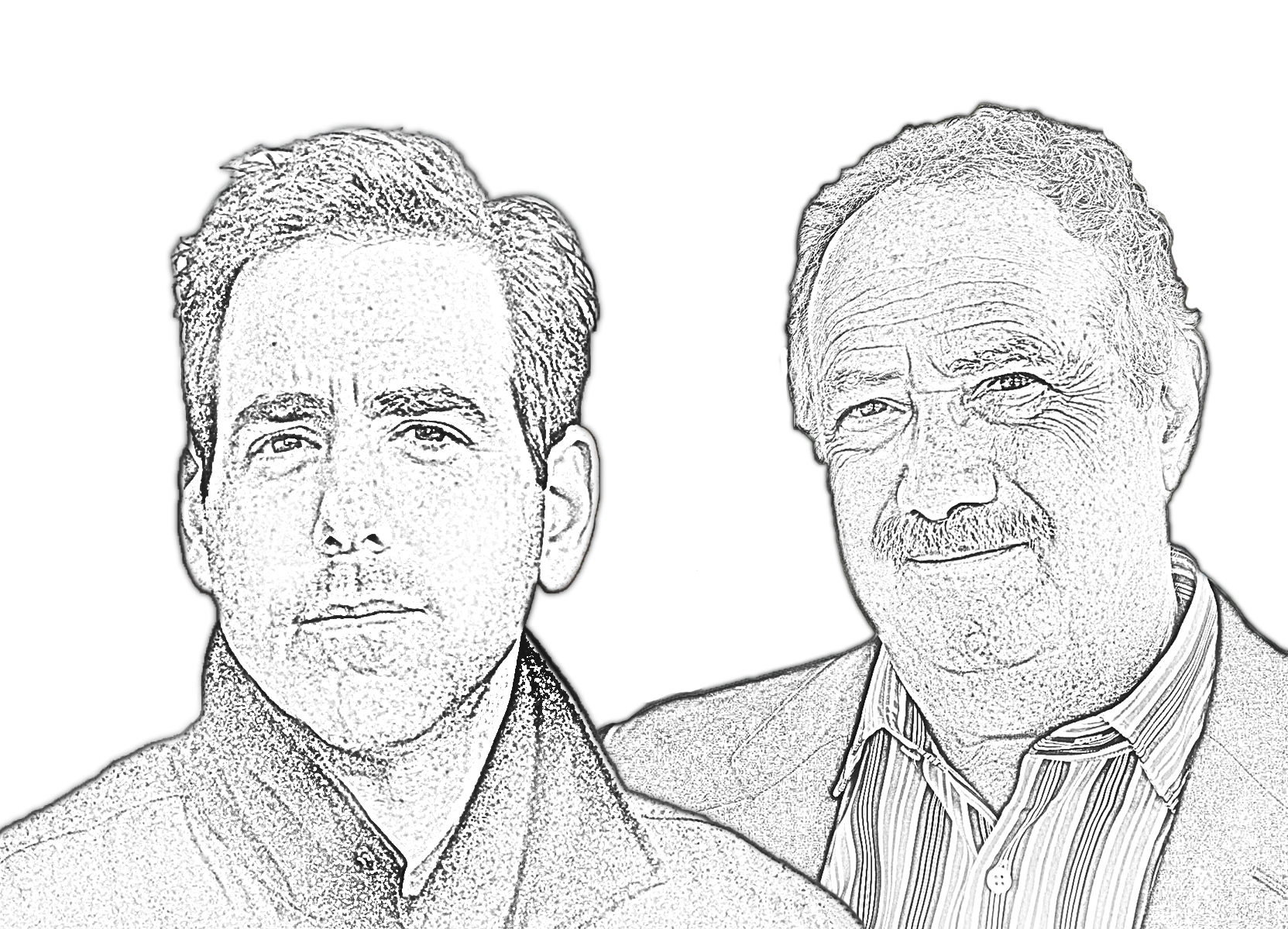Hurricanes Don’t Kill Cities — People Do
This piece originally appeared on Forbes.com.
Cities that believe in themselves are hard to kill. In the aftermath of Hurricane Harvey many pundits have urged Houston to abandon many of the traits that have made it a dynamic, growing metropolis, including key elements of its light-handed, pro-business regulatory regime.
Houston, we are told, should retrench and reduce its sprawl; Slate recommends New Orleans’ post-Katrina shrinkage as a model. This goes against the best of urban tradition. Great cities generally do not shrink themselves.
Many cities have rebounded and even improved after far more lethal devastation, including London, Berlin, Tokyo and New York. After the Great Chicago Fire of 1871, the city ultimately constructed a downtown that may well be the world’s most beautiful. San Francisco famously rebuilt itself after the 1906 earthquake and fire into “a new and improved city” that has evolved into an integral part of the world’s dominant tech hub.
In contrast cities that destroy themselves from within, like Detroit after the 1968 riots, and New Orleans before Katrina, can decline for decades.
Urban resiliency requires two things: Read more

